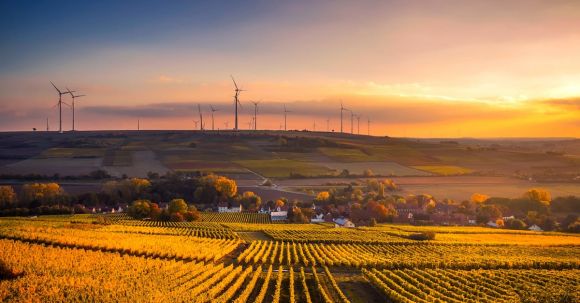Introduction
Sustainable farming is a crucial aspect of ensuring food security and environmental stewardship. To achieve sustainable agriculture practices, crop management strategies play a vital role. These strategies encompass a range of techniques and practices aimed at optimizing crop production while minimizing negative impacts on the environment. In this article, we will explore some key crop management strategies that farmers can adopt to ensure sustainable farming.
Crop Rotation: Enhancing Soil Health and Reducing Pest Pressure
Crop rotation is a widely used technique that involves growing different crops in a sequence on the same piece of land. This practice helps to break pest and disease cycles, as different crops have varying susceptibility to pests and diseases. Additionally, crop rotation helps improve soil health by enhancing nutrient availability and reducing soil erosion. By rotating crops, farmers can replenish soil nutrients and reduce the need for synthetic fertilizers, thus minimizing the environmental impact of farming.
Integrated Pest Management: Minimizing Chemical Inputs
Integrated Pest Management (IPM) is an approach that combines various pest control methods to minimize the use of chemical pesticides. This strategy involves monitoring pest populations, using natural predators and beneficial insects, implementing cultural practices, and only resorting to chemical pesticides as a last resort. By adopting IPM, farmers can reduce their reliance on chemical inputs, thereby minimizing the negative impacts on the environment and human health.
Precision Agriculture: Optimizing Resource Use
Precision agriculture is a modern crop management strategy that utilizes technology to optimize resource use and improve crop yields. Through the use of Global Positioning System (GPS) and Geographic Information System (GIS) technologies, farmers can precisely apply fertilizers, water, and other inputs based on the specific needs of different areas within their fields. This targeted approach minimizes waste and maximizes resource efficiency, leading to increased productivity and reduced environmental impact.
Cover Crops: Protecting Soil and Enhancing Biodiversity
Cover crops are non-commercial crops that are planted between cash crops to protect the soil and enhance biodiversity. These crops help prevent soil erosion by reducing water runoff and improving soil structure. They also provide habitat for beneficial insects and microorganisms, promoting biodiversity within the agroecosystem. By incorporating cover crops into their crop management plans, farmers can improve soil health, reduce the need for synthetic inputs, and enhance overall ecosystem resilience.
Water Management: Conserving a Precious Resource
Water is a vital resource in crop production, and effective water management is essential for sustainable farming. Implementing techniques such as drip irrigation, mulching, and rainwater harvesting can help farmers conserve water and reduce water wastage. By optimizing water use, farmers can minimize the strain on water resources and contribute to the sustainability of their farming operations.
Conclusion: Embracing Sustainable Crop Management
In conclusion, sustainable farming requires the adoption of effective crop management strategies that prioritize environmental stewardship and long-term productivity. Crop rotation, integrated pest management, precision agriculture, cover crops, and water management are just a few examples of the techniques that farmers can implement to ensure sustainable crop production. By embracing these strategies, farmers can optimize resource use, enhance soil health, reduce chemical inputs, and protect the environment. Ultimately, sustainable crop management practices contribute to the goal of achieving food security while minimizing the negative impact on our planet.
